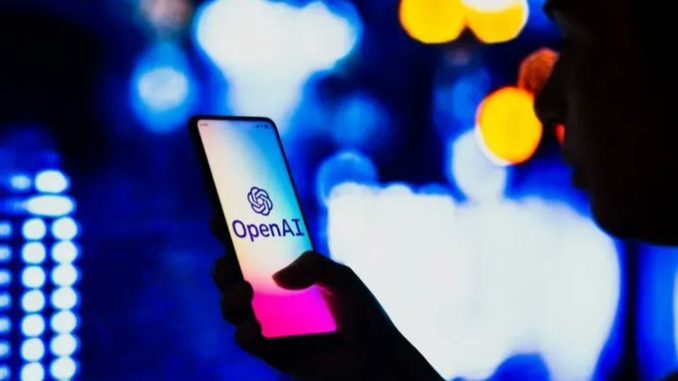
Think AI is just coming for customer service jobs? Think again, say AI experts, who point to recent advances in large language models as evidence that white-collar and professional jobs will be disrupted too. Figuring out how AI and humans will coexist in the workplace is shaping up to be a key conversation for 2023 and beyond.
“I think there are traditional white-collar businesses, white-collar professions that are going to be transformed by some of the innovation in large language models and AI technologies,” said Peter Wang, the CEO of Anaconda, a provider of data science tools. “And that is going to create really interesting social and cultural dynamics that will basically settle out over the rest of this decade and reverberate into the 2030s.”
Large language models, such as GPT-3 and BERT, have made inroads in conversational AI. Companies have replaced or augmented their human call center workers with AI that can understand typed or spoken requests and respond with (hopefully) helpful information. This type of technology has the capability to displace information workers too, Wang said.
“I would say to anyone who has essentially a desk job and they go day in, day out and they kind of generally do the same thing and they don’t have to think too much about it–you better watch out because that job is probably going to be automated away,” Wang told Datanami in mid-November.
“The only reason it hasn’t been is because it hasn’t been worth somebody coming along with an enterprise software development team to directly tie in precisely to the business data system that you’re clicking on over here, the data set that you’re moving into some other data system over there,” he continued. “But in the next five years, a whole pile of stuff is going to come on down, and it’s going to wire these directly to each other and then there’s no reason for you to be clocking in every day.”
